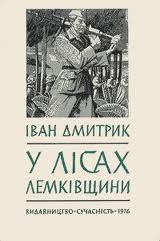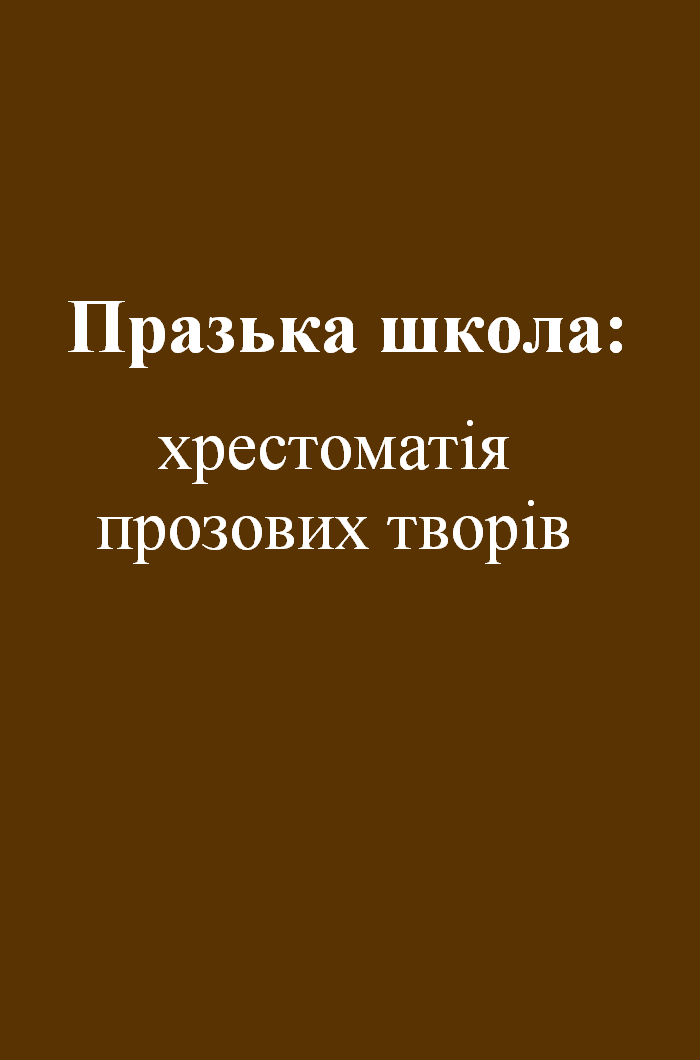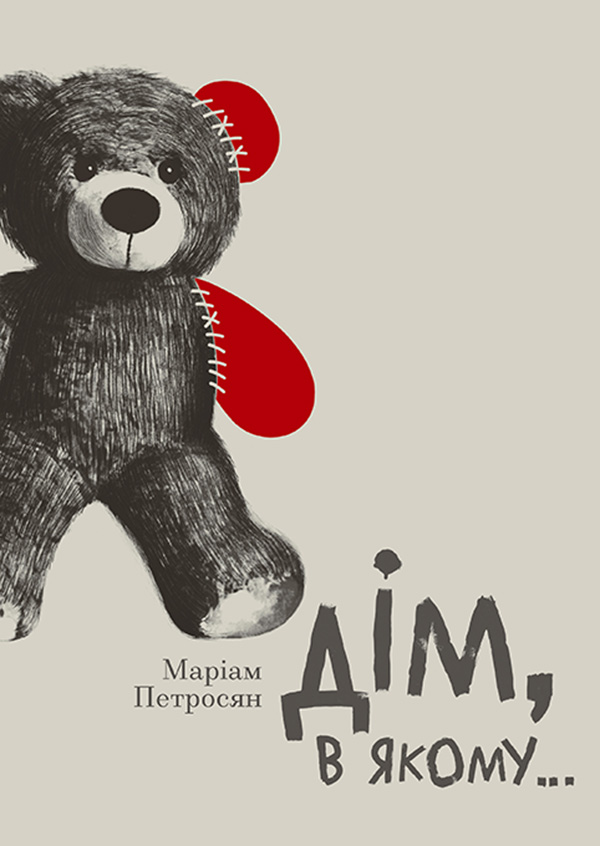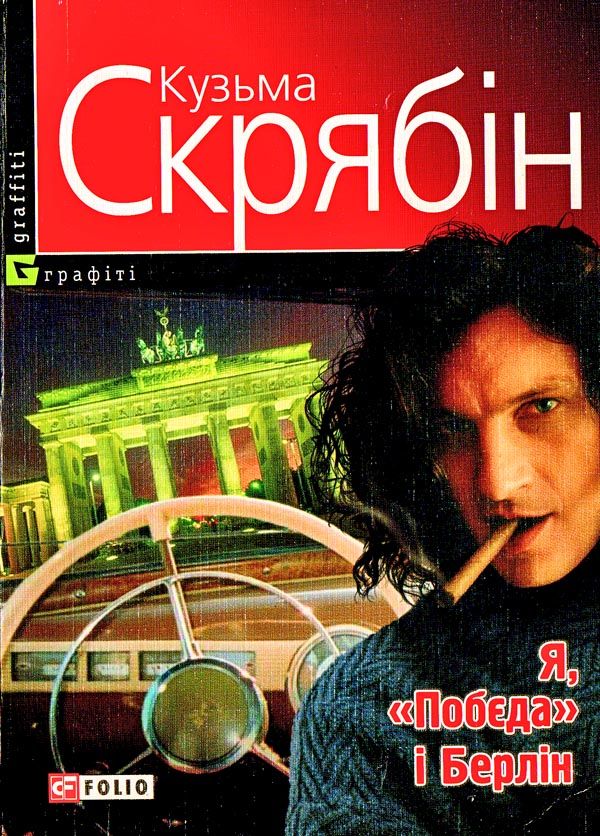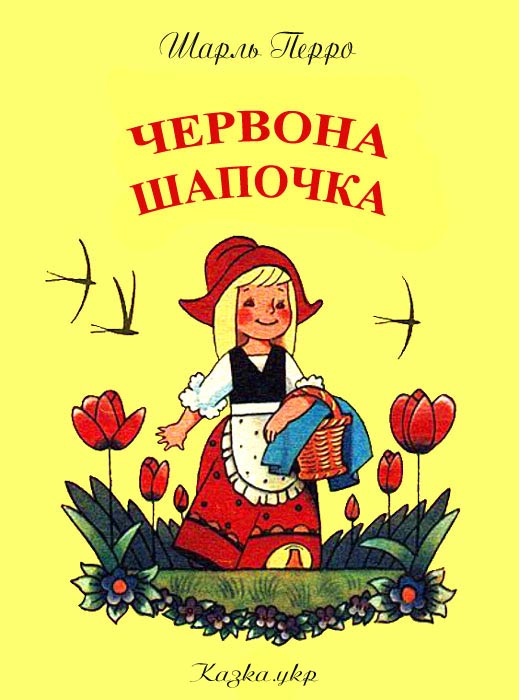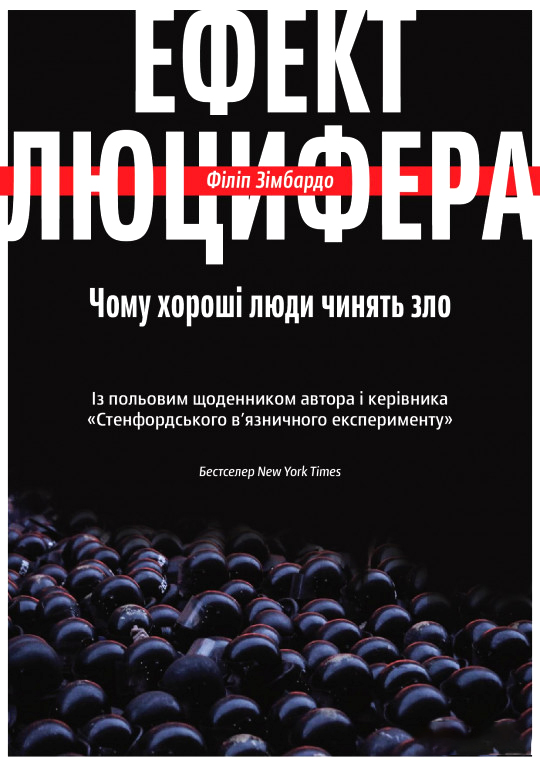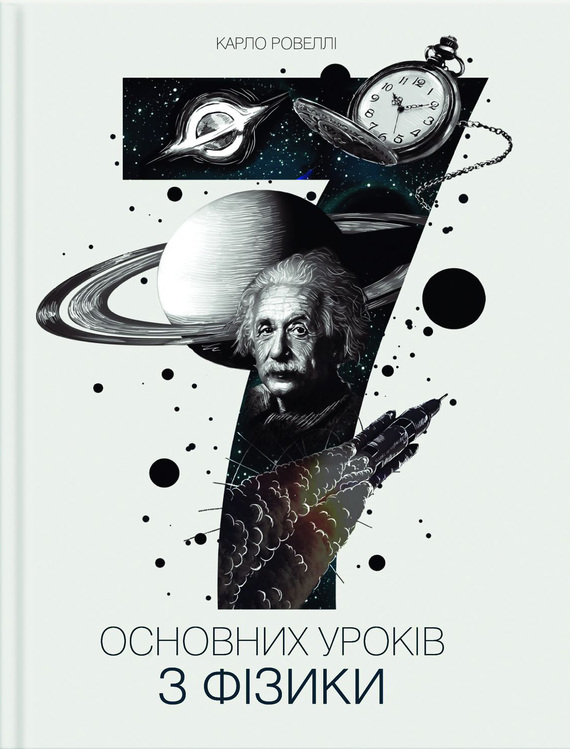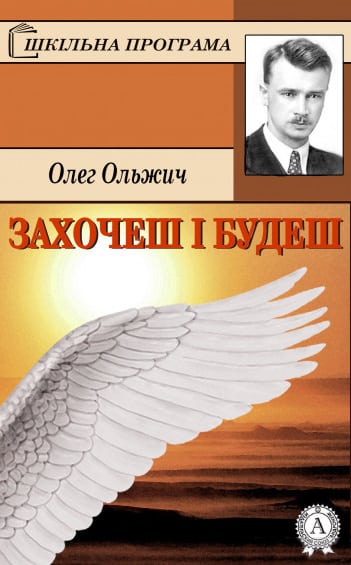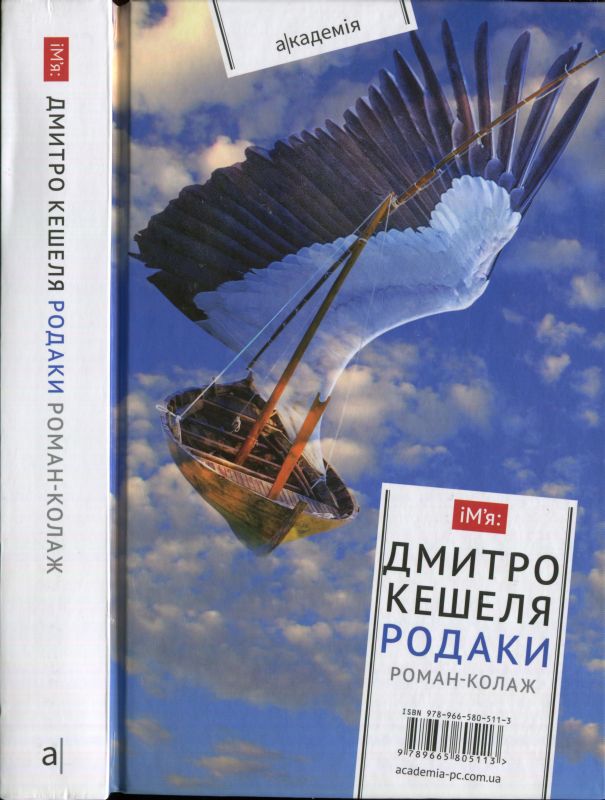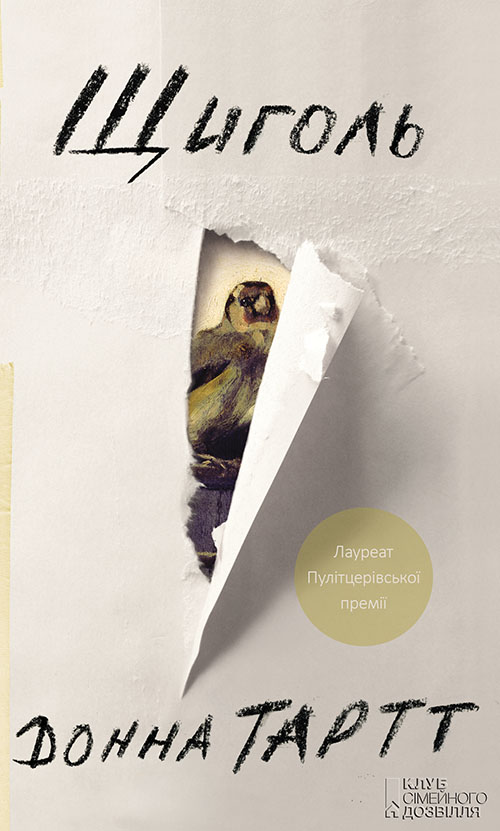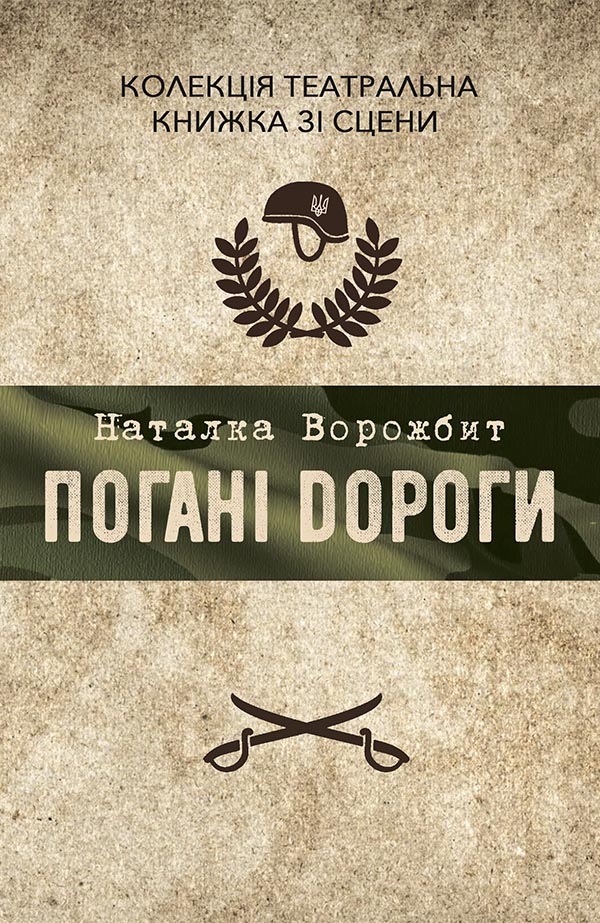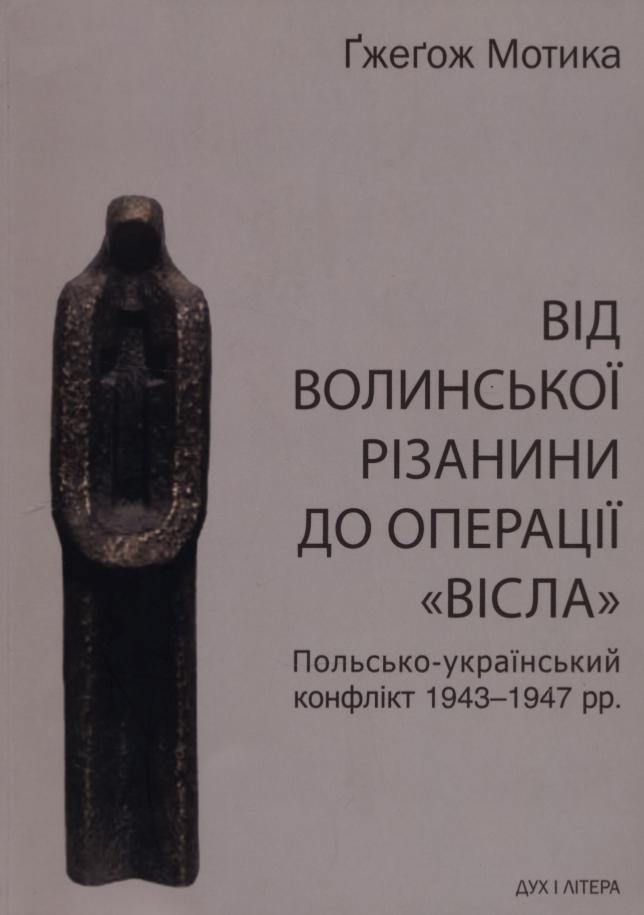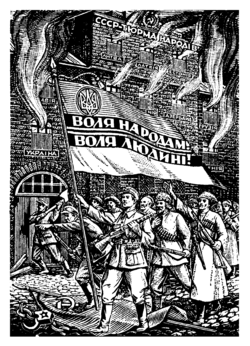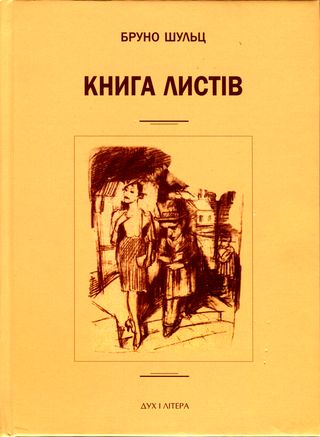Читати книгу - "Українська дивізія «Галичина»"
Шрифт:
Інтервал:
Додати в закладку:
The German authorities in Berlin accepted only a part of these demands and promised to solve the other questions raised at a later date; but, as it turned out, the promises were never fulfilled. The commanders of the Division were Germans and the emblem of the Division was not the Trident, the symbol of Ukrainian Statehood, but the coat of arms of Galicia, a lion rampant. A military committee was formed, headed by Colonel Alfred Bisanz, a German born in Western Ukraine, who had been a Colonel in the West Ukrainian Army during the First World War, and who was subordinated to the Governor. The ignoring of the Ukrainian demands, and later the failure to keep the promises made, were the basis of a continuous state of dissatisfaction in the Division for the entire period of its existence.
In the month of May, 1943, nearly 80,000 Ukrainians volunteered for service in the Division, not only from the territories of Galicia but from all parts of the Government-General. Amongst these were a large number of former officers of the World War I West Ukrainian Army. Out of this number, 27,000 were found to be fit for military service, 19,000 were enlisted, and 13,000 actually reported for duty in the Division. The first group of volunteers were sent to training camps on the 18th of July, 1943: 350 to officers' schools in the Reich, 2,000 for non-commissioned officers' training, and 2,000 more to the training camp in Heidelager. Others were sent to various training centres, mostly to the so-called police regiments. In the fall of 1943, the Commanding Officer of the Division was appointed, S.S. Oberfuehrer Fritz Freitag (later promoted to Brigade Fuehrer and Major General of the Waffen S.S.). But it was only with General Freitag's arrival in Heidelager and the appointment of Major Heike as Chief of Staff to the Division that the training began in earnest. It is only from this point that the author records the history of the Division in great detail, chapter after chapter. The earlier days are treated briefly.
The author of this book was a professional German soldier and a staff officer (he was the only staff officer in the Division who had never belonged to any S.S. or police formation). He portrays, in chronological order factual matters dealing with the training and the combat duty of the Division based upon his diary, salvaged military maps and his memory. The book was completed in 1947 while he was still in an English prisoner of war camp. Twenty years later, it was translated into the Ukrainian language in somewhat abbreviated form with the permission of the author. The book is illustrated with military and tactical sketches, prepared on the basis of materials in the possession of the author, photographs collected by the Central Executive of the Brotherhood of Former Soldiers of the First Division of the Ukrainian National Army which is also responsible for the publication of this book. An introduction was written by Prof. W. Kubijowytsch who also edited it. The first chapter in the book is devoted to the formation and training of the Division. Until the month of March, 1944, this took place in the camp in Heidelager near the Polish town of Dembica, and later in the training camp in Neuhammer in Silesia. The Division was formed as a "Grenadier division." Officer and N.C.O. canditates were trained at various schools and courses in Germany and on completion of their training, were returned to the Division. A great number of the soldiers received training in Germany and France in the so-called police regiments, and it was only through persistent efforts on the part of the Ukrainian Central Committee, Governor Waechter and the commanders of the Division that these were finally transferred to the Division.
From the very beginning of the training period, difficulties arose: lack of Ukrainian officers and non-corns (former officers and non-commissioned officers of the Ukrainian Army of the 1917 to 1921 period were, in the great majority of cases, unsuited for military service because of their age and lack of experience and knowledge of new military techniques and tactics); the unfortunate choice of the Commanding Officer of the Division in the person of General Freitag; the absence of good German instructors and, finally, inadequate arms and unsatisfactory living quarters. General Freitag "was a preening bureaucrat who did not trust anyone, and in failing to understand and appreciate the political role of the Division and the psychology of the Ukrainian soldier, attempted to create just another German military unit, which happened to be composed of Ukrainian soldiers. He did not allow Ukrainian officers to be appointed to the staff and command positions, and even tried to fill the positions of company and platoon commanders with Germans. The author characterizes the Ukrainian officers and non-commissioned officers and compares them to their German opposites, stresses the complete lack of understanding of the psychology and customs of the Ukrainians by Germans and criticizes German training programs based on the principle of "obedience unto death" which was not suited to Ukrainians. The political counsellor to General Freitag in Ukrainian matters and spokesman for the Ukrainian officers was Captain Dmytro Palijiv who also fulfilled the unofficial function of liaison officer between the Division, the Ukrainian Central Committee and the Military Committee. He died in the battle of Brody.
Among many episodes, the author mentioned the activities of a combat group of the Division under the command of Colonel Beyersdorff which, in the month of February, was assigned the task of combatting Soviet partisans in the Kholm region, even though the Division had not as yet completed its military training. Another episode in the life of the division described the visit of Reichfuehrer Himmler to Neuhammer. One short chapter is
Увага!
Сайт зберігає кукі вашого браузера. Ви зможете в будь-який момент зробити закладку та продовжити читання книги «Українська дивізія «Галичина»», після закриття браузера.
